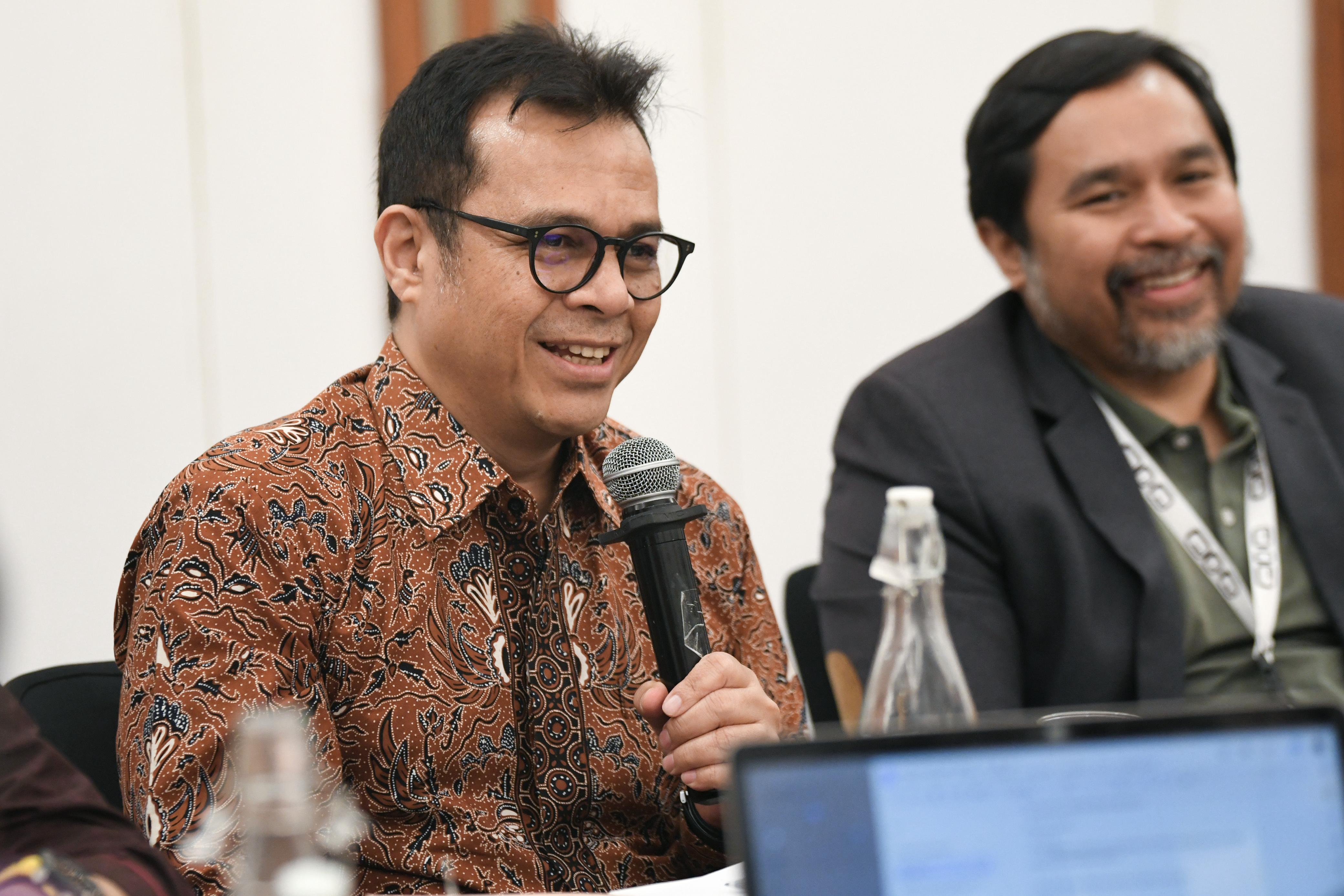The Government of Indonesia has expressed a strong commitment to leading collaboration among Global South countries in response to digital disruption increasingly dominated by major global technology corporations.
Deputy Minister of Communication and Digital Affairs, Nezar Patria, said this effort is aimed at ensuring that Global South nations can unite and work together to develop fair and sovereign regulations for artificial intelligence (AI).
“Indonesia is firmly committed to encouraging Global South collaboration,” said Patria during a meeting held after the CTRL+J APAC Conference in Jakarta on Tuesday, July 22, 2025.
He stressed the importance of political will and practical mechanisms for engaging in dialogue with technology giants to create a fair and healthy digital ecosystem, particularly in support of quality journalism.
Mandate from UNESCO and Regional Stakeholders
Patria explained that UNESCO Director-General Gabriel Ramos had requested Indonesia to take a leading role in facilitating dialogue among Global South countries. This request was made during a meeting one year earlier.
In response, Indonesia has proposed to host the UNESCO Global Forum for Ethics of AI in 2026.
Patria suggested the forum include a dedicated meeting of Global South nations to specifically address AI sovereignty and the role of journalism in the face of AI disruption.
The proposal was shared during a discussion with three international figures: Irene Jay Liu, Director of AI, Emerging Tech & Regulation at the International Fund for Public Interest Media (IFPIM) APAC; Maia Fortes, Executive Director of the Associação de Jornalismo Digital (Ajor) in Brazil; and Michael Markovitz, Head of the GIBS Media Leadership Think Tank in South Africa.
AI Regulation Still in Development
Patria stated that he had met with UN Technology Envoy Amandeep Singh Gill, who emphasized the urgent need for stronger cooperation among developing countries, particularly while global AI regulation remains in its early stages.
“To this day, there is no permanent regulation on AI,” said Patria.
He noted that regulatory efforts are currently limited to measures such as a presidential decree in the United States, initial legislation like the EU AI Act, and early-stage policies in South Korea.
In this context, Global South countries are seen as not yet having sufficient space for advocacy.
Institutional Collaboration Beyond Political Rhetoric
Responding to an initiative from the South African delegation, Patria highlighted the importance of the upcoming M20 Forum, which will gather communication ministers from G20 member countries next year.
“M20 can be a significant momentum. But we need more than just political statements,” he said.
“We need real commitment, such as forming a permanent secretariat or forum that can collectively voice our position in the face of an unequal digital ecosystem.”
Indonesia continues to affirm its readiness to serve as a bridge for strategic dialogue in the region, with a focus on digital fairness, media sustainability, and inclusive AI governance.
PHOTO: KEMKOMDIGI
This article was created with AI assistance.
Read More






 Monday, 09-02-26
Monday, 09-02-26







